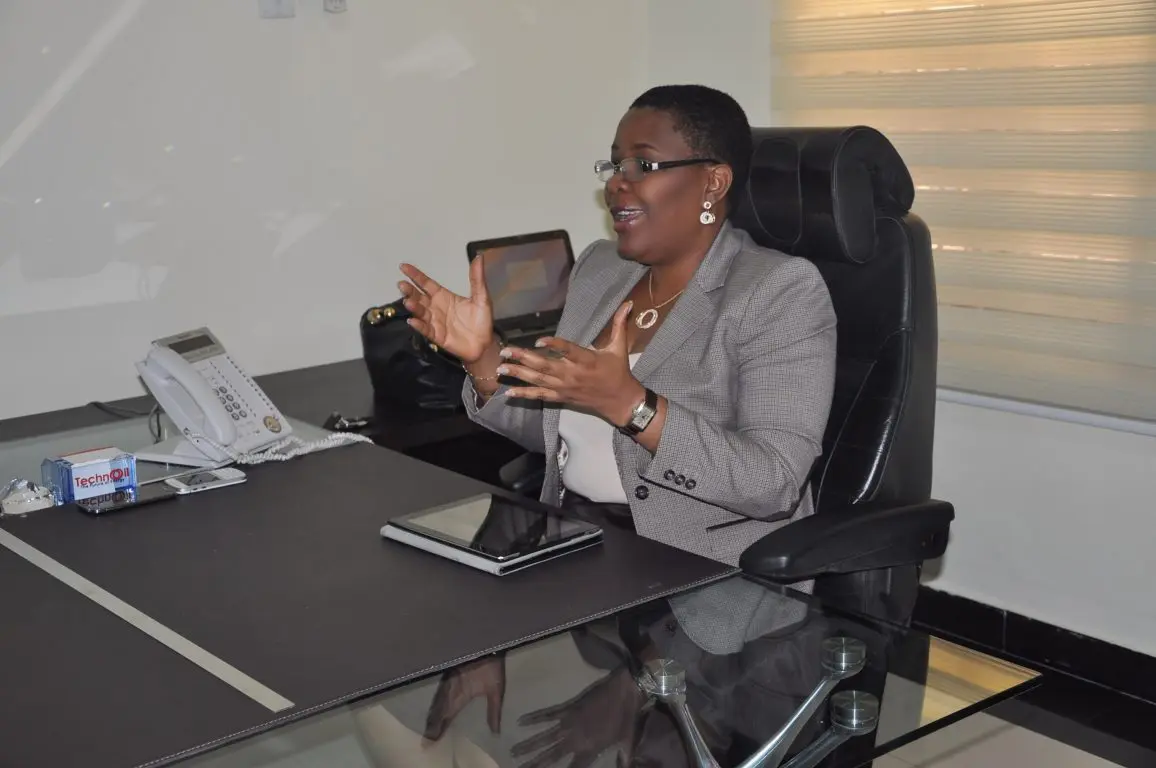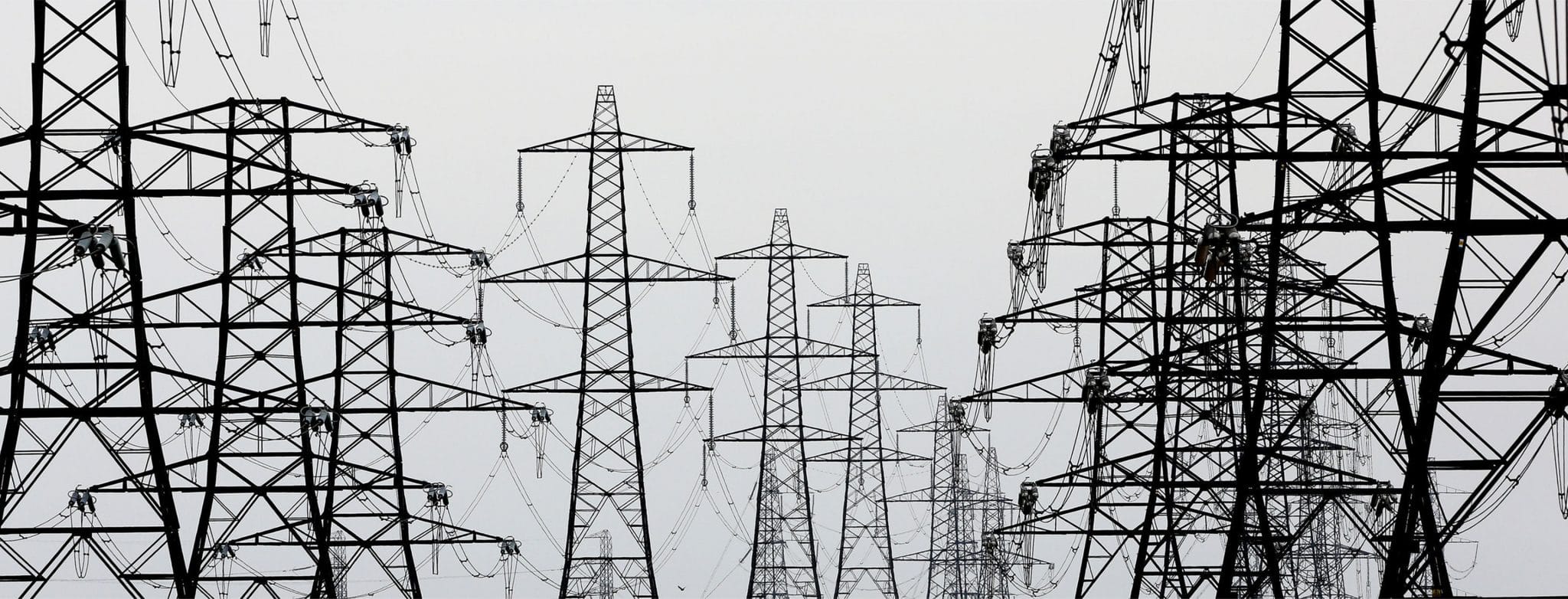The Centre for the Promotion of Private Enterprise, CPPE, has asked the Nigerian government to suspend its 0.5 per cent cybersecurity levy on all electronic transactions in the country’s banking sector.
CPPE director Dr Muda Yusuf disclosed this in a statement condemning the levy.
The Central Bank of Nigeria on Monday mandated all banks and operators in the country’s financial sector to collect and remit a 0.5 per cent cybersecurity levy to the National Security Adviser.
However, due to Nigerians’ hardship, CPPE described the additional levy as badly timed.
The economic think tank noted that it would be difficult to rationalise the amount that will be accrued to the government from the levy on cybercrime.
According to the statement: “The recent announcement by the Central Bank imposing a 0.5 per cent levy on all electronic transactions in the economy is a major cause for concern.
“Businesses and the generality of citizens are yet to recover from the shocks of current reforms. Inflationary pressures have not abated, the high cost of living is still a major worry, and operating and production costs for businesses remain elevated amidst weak consumer purchasing power. This is not a good time to impose an additional levy on businesses and citizens. The magnitude of the levy is an even bigger concern.
“Citizens and corporate organisations expect that taxes and levies are being rationalised and streamlined for a better business environment. The Presidential Committee on Fiscal and Tax Reforms had said this repeatedly. The announcement on the cybercrime levy contradicts earlier assurances by the Presidential Committee.
“There are also many taxes and levies imposed by states and local governments. Most MDAs, especially those performing regulatory roles, have become revenue-generating agencies. Many have revenue targets.
“All of these impose enormous pressures on investors in the economy. This diminishes their capacity to drive economic growth, create jobs and fuel inflation.
“The cybercrime levy is even more troubling because it is a tax on electronic transactions, not on profit. It has no regard to whether the business is healthy or not. Even loss-making companies are liable. The poorer segments of society are not exempted either. This raises serious issues of equity.
“There is also the issue of proportionality. That relates to the project objective and the amount of revenue being mobilised.
“According to the Nigeria Interbank Settlement System [NIBSS] account, electronic payments on its platform in 2023 were N600 trillion. 0.5% of this is N3 trillion.
“The industry data of electronic payments in 2022, according to the CBN website, was N1.550 trillion. 0.5% of this gives N7.75 trillion. Even if we discount these numbers for the exemptions provided in the law, what will be left would still be staggering. It is difficult to rationalise spending this much on fighting Cybercrime.
“Meanwhile, the total budget appropriation for defence and security in the 2024 budget was N3.2 trillion, and infrastructure appropriation was N1.32 trillion. These are just appropriations. Actual releases are often much less.
“We plead with the relevant authorities to put the implementation of the legislation on hold while a thorough review is done. We propose a robust stakeholder engagement to review the legislation. In its present form, the legislation will impose more hardships on the citizens and burdens on investors.”
Cybersecurity levy: Why Nigerian govt should suspend 0.5% charge on electronic transactions – CPPE



